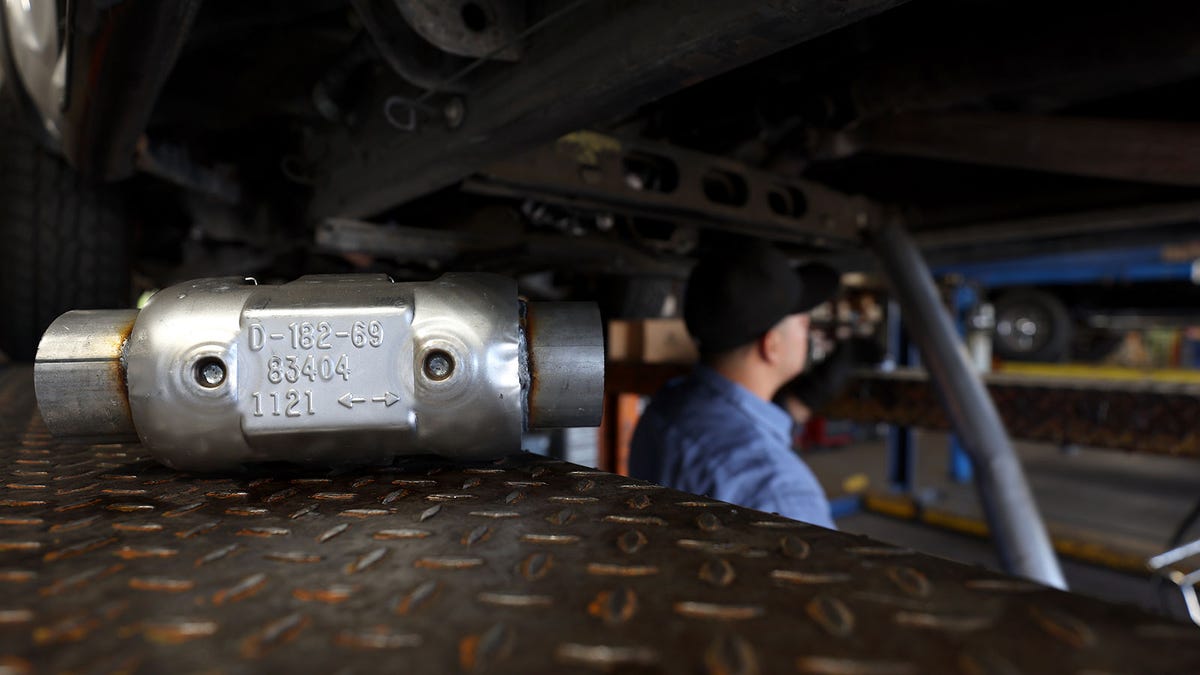The catalytic converter working to clean up the exhaust gasses from your car is a prime target for criminals as it can be worth as much as $1,500 at a scrapyard. As such, its theft is a common crime that hits motorists in almost every state, except Hawaii which has implemented a new law to stamp out the crime.
A new law has come into force in Hawaii this year that’s targeting catalytic converter thefts across the island state. To do this, the law has clamped down on the sale of catalytic converters, as well as the theft of the part itself, according to a report from local news outlet KRON 4.
After categorizing the theft of a catalytic converter as a Class C felony in 2022, another law came into force at the start of 2023 that clamped down on the sale of the parts and their components. Under the new law, people in Hawaii looking to sell catalytic converters must now show photo ID, sign a form saying the converter wasn’t stolen and meet a few other essential requirements.
It might not sound like much, but the addition of the new law has made a real difference on the number of catalytic converter thefts across Hawaii, as KRON 4 reports:
The owner of Yama’s Auto Care is seeing what everybody in his line of work has also noticed: They’re not getting a lot of customers in need of a new catalytic converter.
“I did maybe a couple this year. Before, I would do at least two or three a month,” said Mark Yamauchi, owner of Yama’s Auto Care.
And the evidence is more than just anecdotal, as the Honolulu Police Department has the stats to back up the drop in catalytic converter thefts. According to figures shared by KRON 4, there were 1,602 and 2,008 reports of theft in 2022 and 2021 respectively. In contrast, there have been just 119 reports of the theft so far in 2023.
The theft of catalytic converters is rampant in most states, however, with Jalopnik’s own Erik Shilling falling victim to the crime just last year. So, can the rest of the U.S. learn from Hawaii to stop poor Jalopnik writers from falling victim to this crime in the future?
Well, it turns out that Hawaii isn’t alone in its approach to catalytic converter theft. States like Arkansas, South Carolina, and Texas also require scrap merchants to keep a track of where their catalytic converters come from. Additionally, Minnesota has gone so far as to create a dedicated Catalytic Converter Theft Prevention Program, which has the sole responsibility of investigating and prosecuting the crime.
Hopefully as these programs take hold, the U.S. will be able to cut the number of catalytic converters stole each year, which was estimated at being more than 150,000 in 2022.

